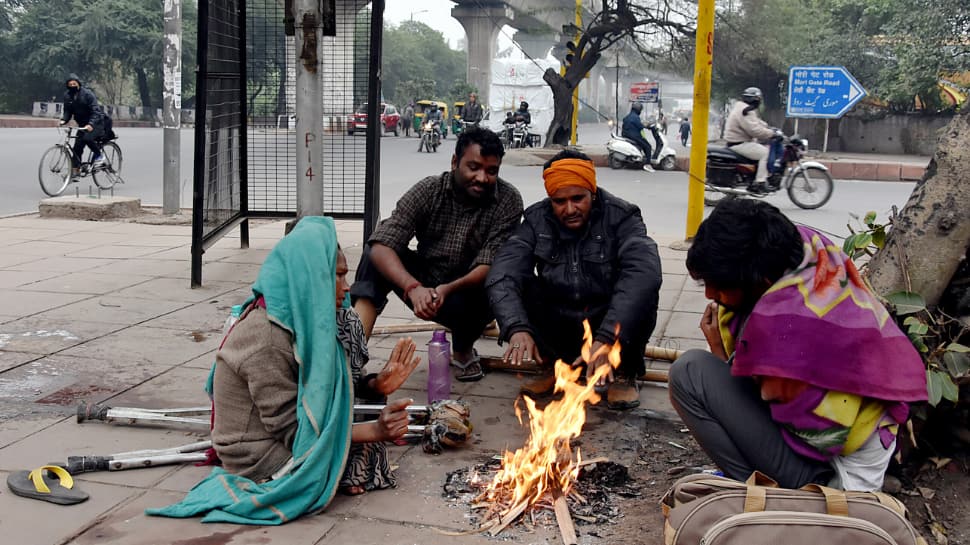[ad_1]
Cases of heart attacks and strokes reported by various medical institutes have almost doubled in the last 15 days. Experts are warning people with high blood pressure, heart conditions and the elderly to be careful as cold weather can worsen existing cardiovascular problems.
King George Medical University (KGMU) has seen an increase in cases, with around 12-14 cases of stroke and 20-25 cases of heart attack being reported every day for the past 15 days. This marks a 100 percent increase over a normal day
At the Ram Manohar Lohia Institute of Medical Sciences (RMLIMS), the daily count rose to eight to nine heart attacks and 10 cases of stroke, up from four to five on a regular day.
Neurologist Professor Ravi Uniyal from KGMU said that on a normal day when 6-7 cases of stroke were reported, now it has increased to 12-14.
He emphasized that about 50 percent of stroke and heart attack patients are unaware of their high blood pressure, often neglecting hypertensive treatment.
Cold weather causes blood vessels to constrict, increasing the risk of cardiovascular events, temperature affects platelets and increases the chance of clotting.
“A patient suffers a stroke when this clot blocks blood flow to the brain. Bleeding occurs when blood vessels burst due to high blood pressure. Both conditions can be fatal,” he added.
Professor Pravesh Vishwakarma, a faculty member in the Department of Cardiology at King George’s Medical University, highlighted the elevated risk for people with cardiovascular problems, citing an increased chance of a heart attack due to narrowing of the vessels.
He recommends flu vaccine shots for high-risk individuals and emphasizes lifestyle changes such as maintaining a healthy diet, regular exercise and weight management.
Prof Bhuvan Chand, head of the cardiology department at RMLIMS, urged individuals to avoid sudden temperature changes, wear warm clothes and undergo regular health check-ups. He emphasized that proactive measures, both in terms of medical care and lifestyle adjustments, are crucial to protect against the elevated risks posed by winter’s effects on cardiovascular health.
[ad_2]

